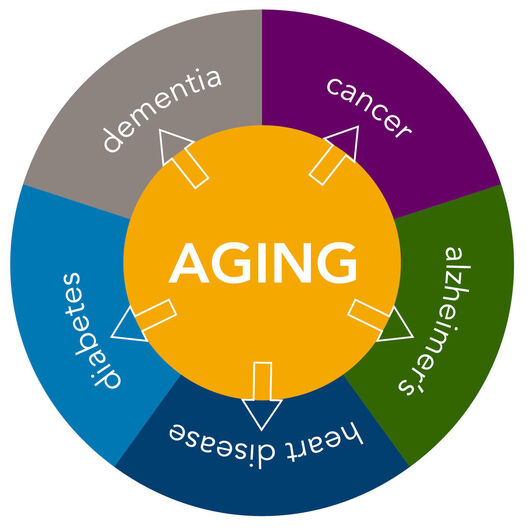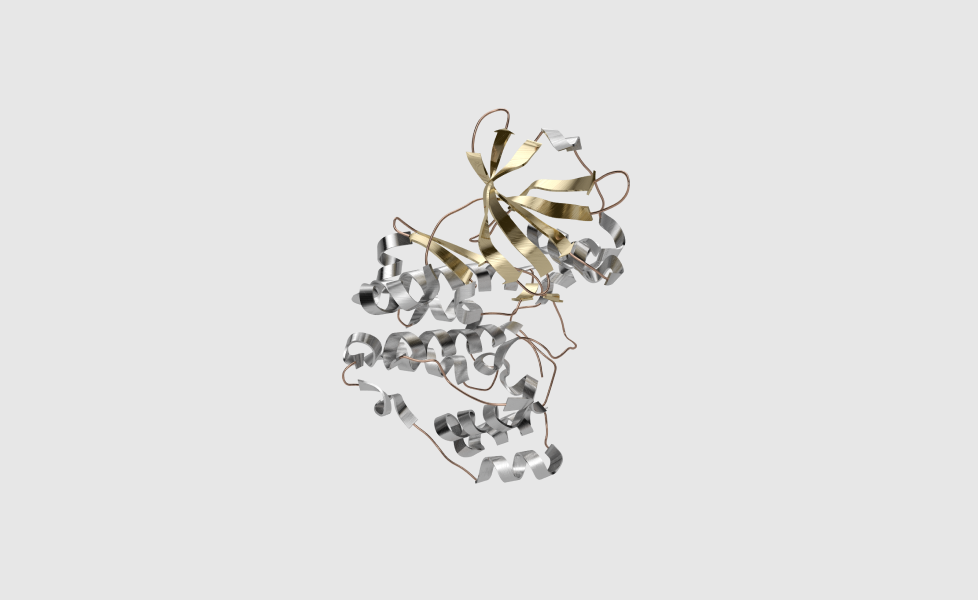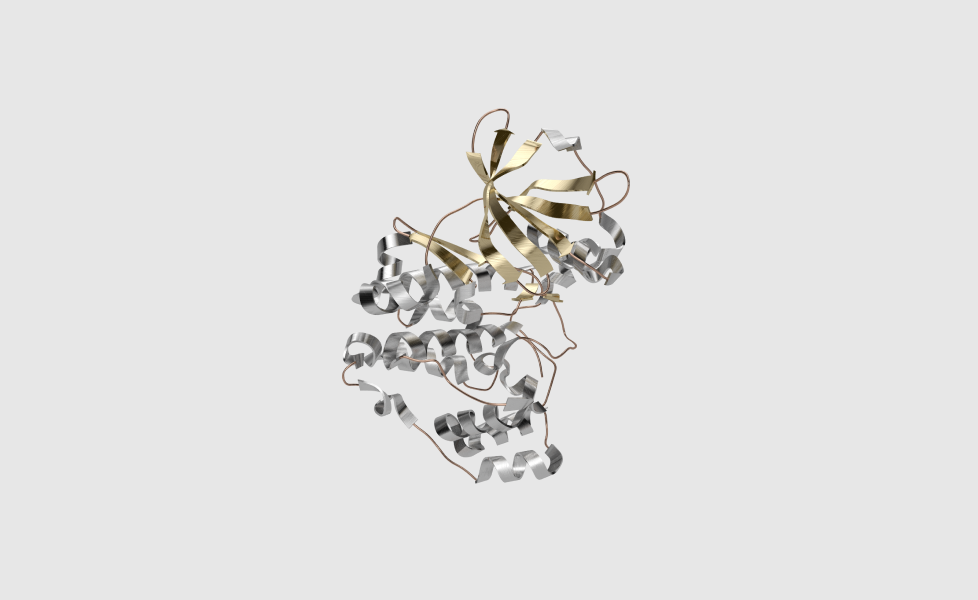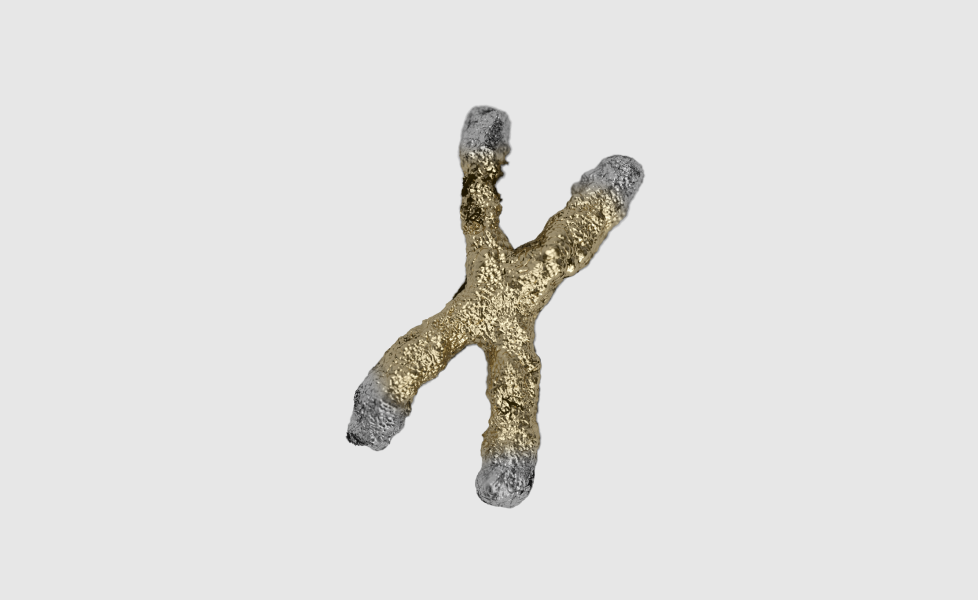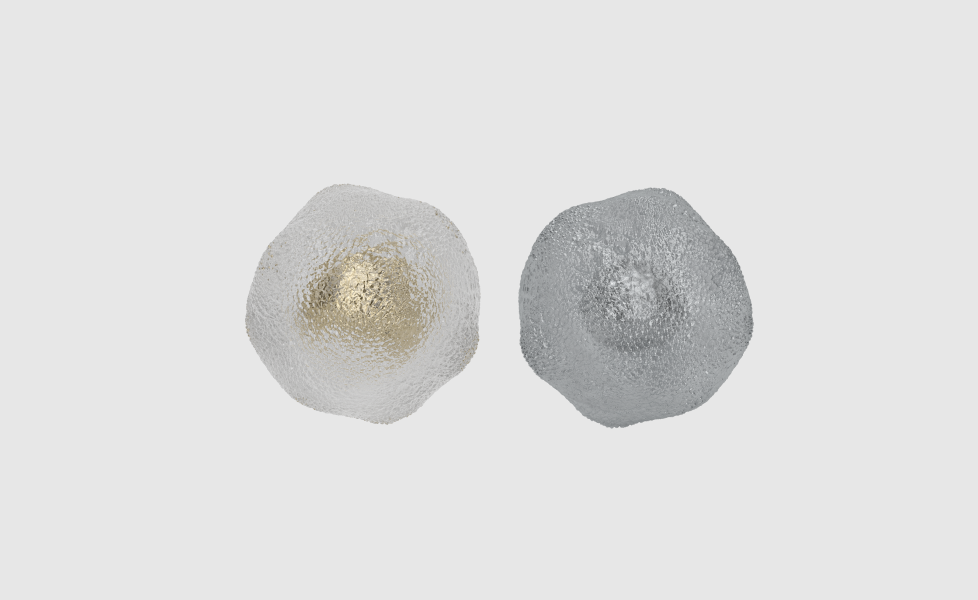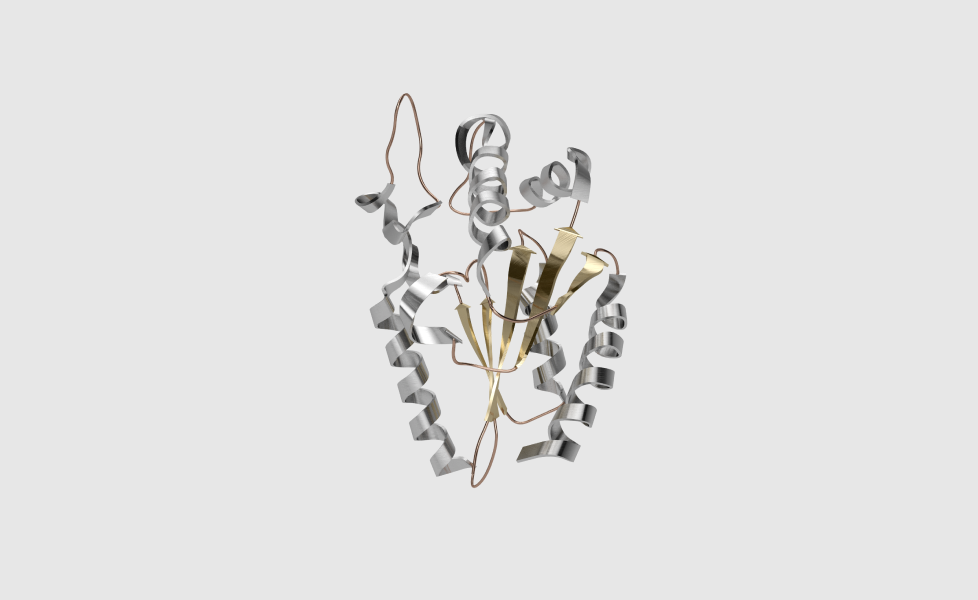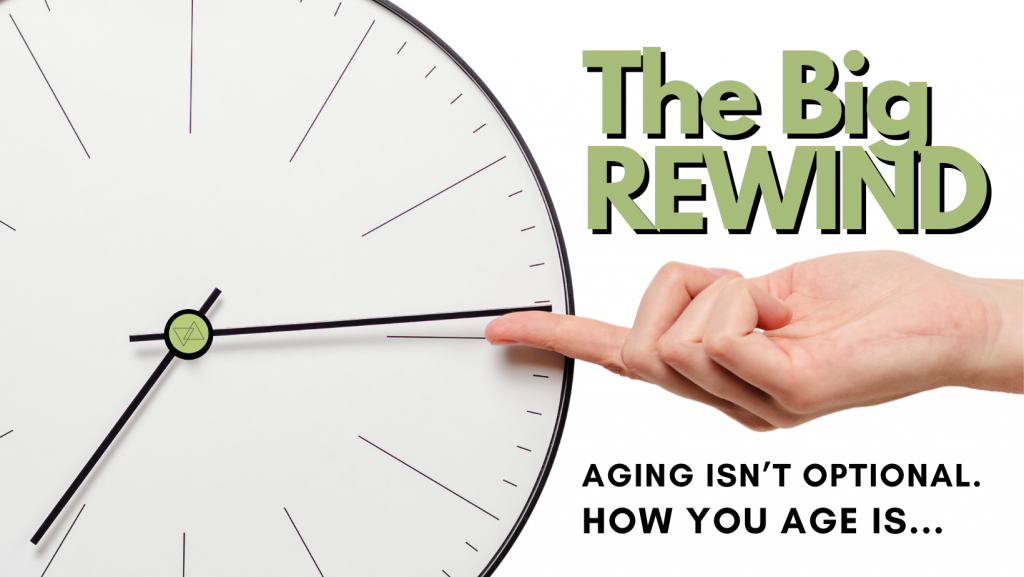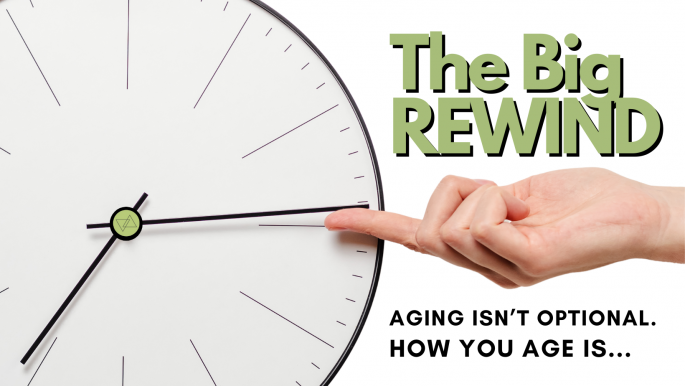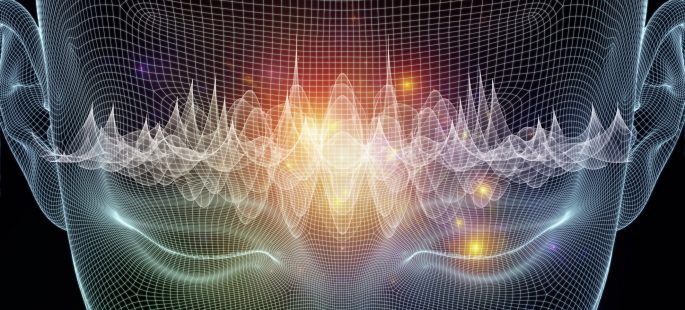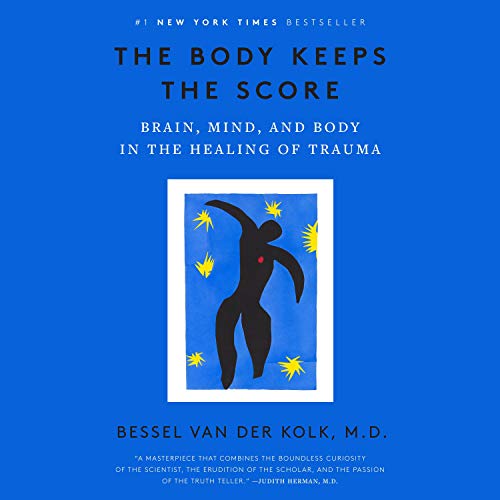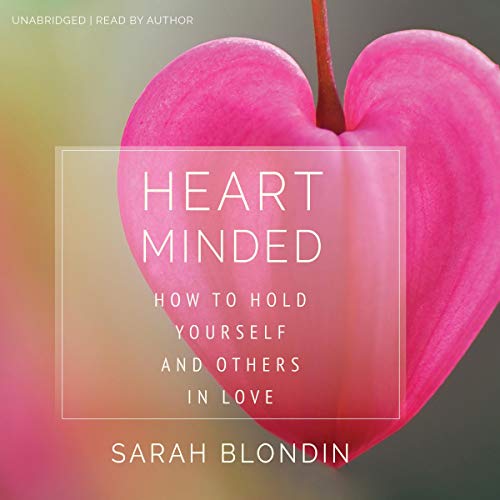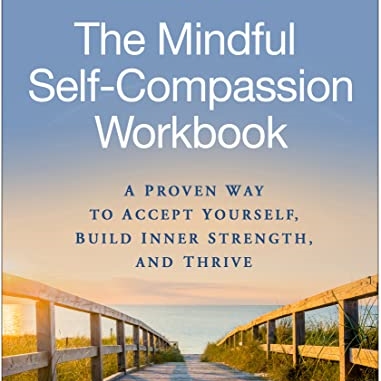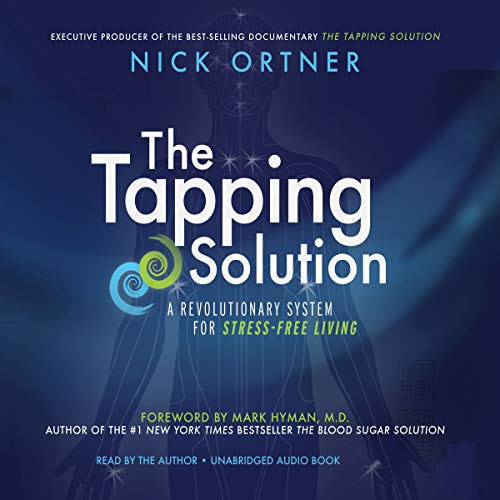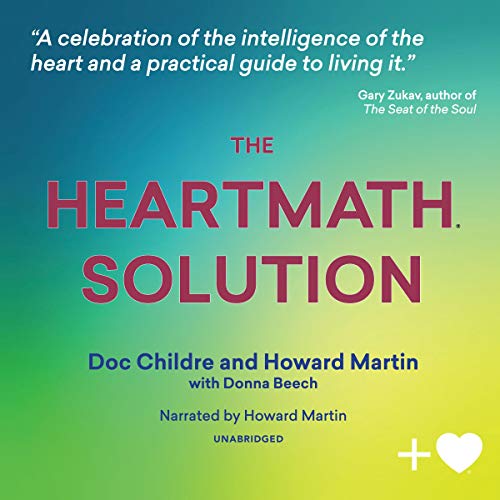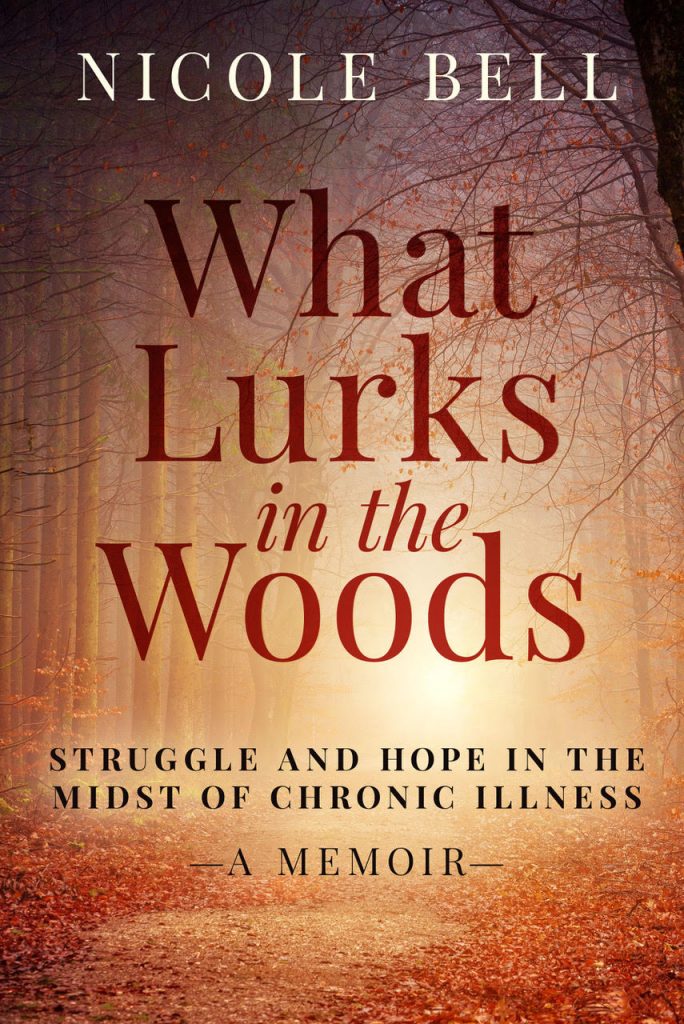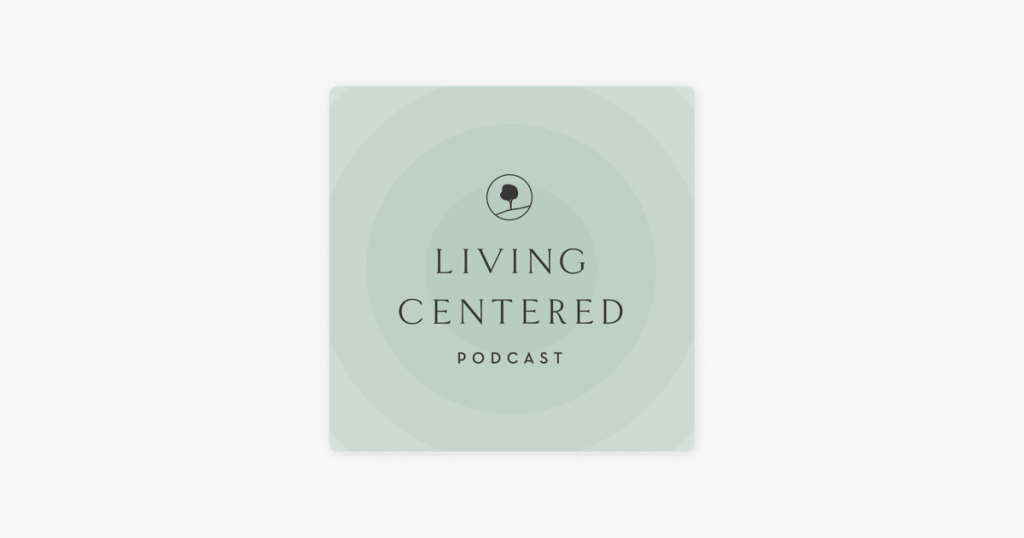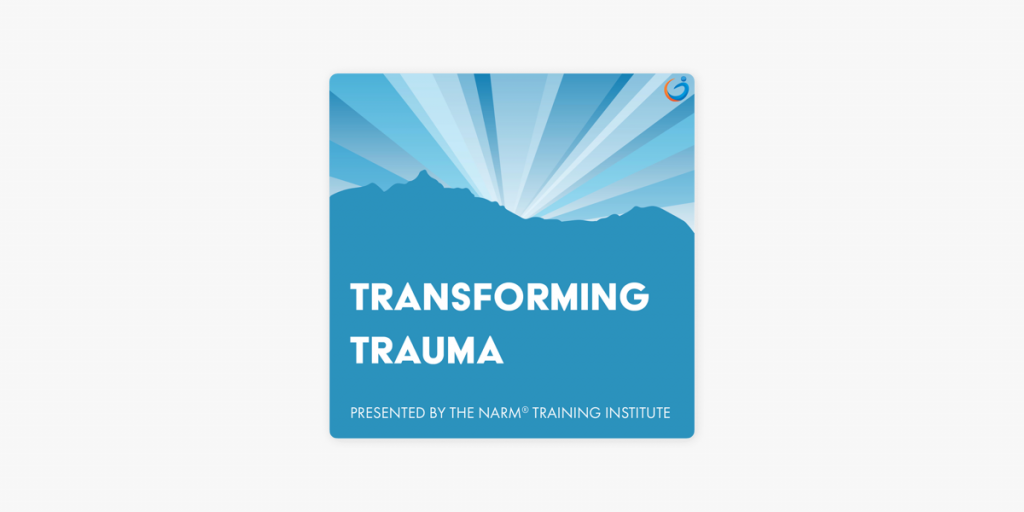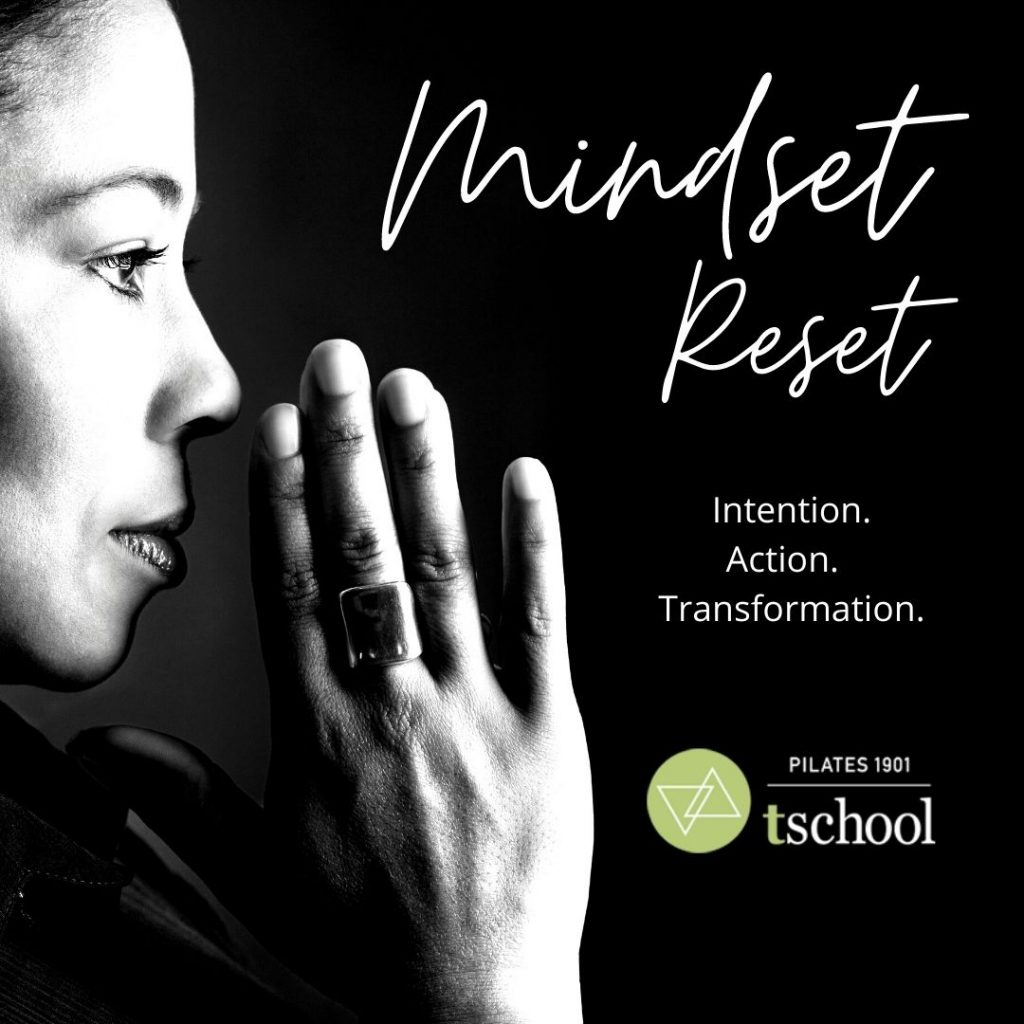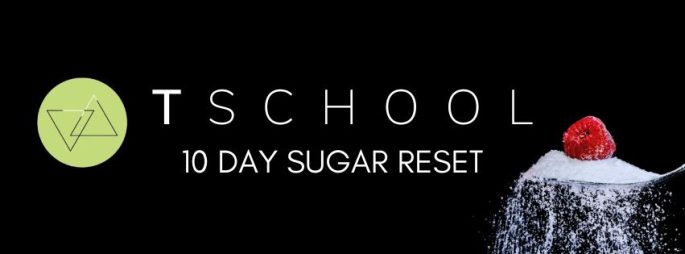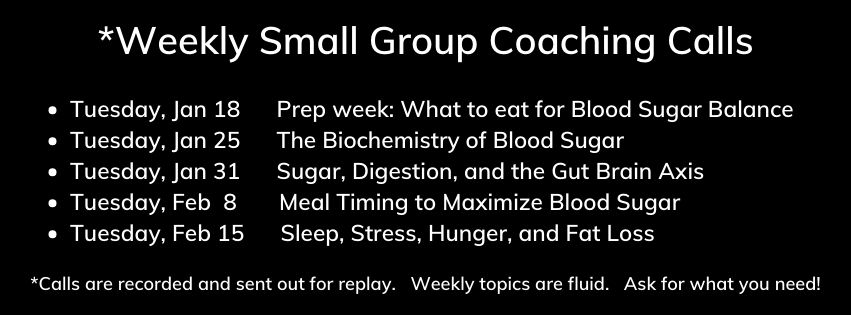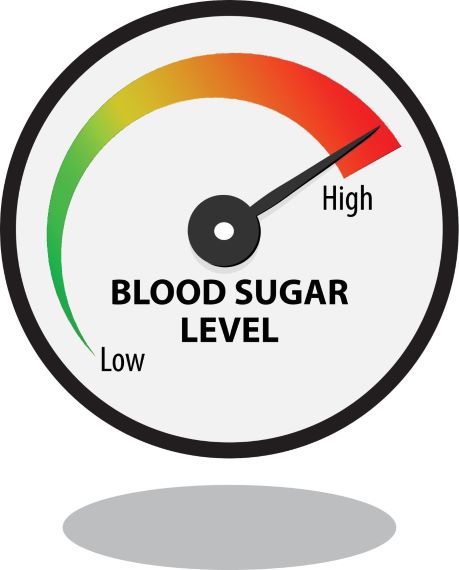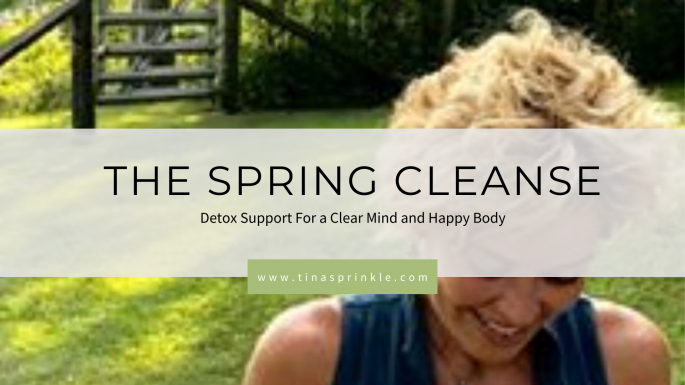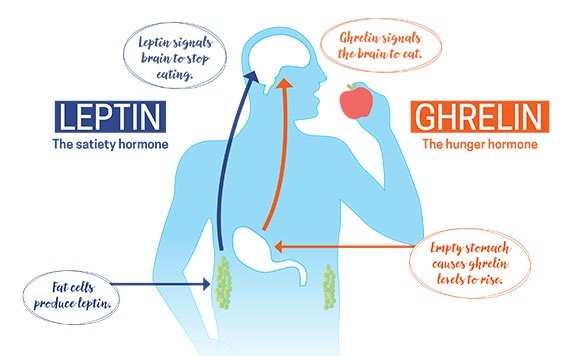Blog
The Big Rewind
Barbados Brain Spa Resources
Blood Sugar Balance 2022
10-Day Blood Sugar Reset
Before you head to the ranch
Fall Yoga, Meditation & Journal Retreat
Unchanged:
Unchanged:
move
Unchanged:Restore your mind and body as Tom and Tina lead you through daily yoga and mindful movement designed to both inspire and calm the senses.
Coming home to your body through guided movement and awareness is a powerful and healing act of self-love.
Taking this time to move inward to reconnect your head and heart, will strengthen your movement practice or help you begin one.
Unchanged:
“You are the sky. Everything else is just the weather..” ~Pema Chodron
Unchanged:
Unchanged:
Meditate
Unchanged:Stillness is a practice we cultivate to feel fully present and alive. In this retreat, you’ll have ample opportunity to drop down and drop inward with three-daily meditation practice sessions.
You’ll be amazed how quickly you’ll love this practice and the peace and comfort it brings to you.
Tom is an excellent meditation teacher, skillfully weaving humor, storytelling, and music to uplift and inspire your practice at Timber Creek and beyond.
Unchanged:
Unchanged:
jourNAL REFLECTION
Unchanged:Keeping a journal can be transformational. It’s a decisive practice that allows us to create a safe place to record and express our feelings, emotions, and deeply held desires.
If this is something you’d like to explore, Tina will provide guided journal prompts to make the process accessible and fun.
Keeping a journal can help access the music and voice of your true emotion.
For some, a journal is considered a best friend.
Unchanged:
Unchanged:
“All serious daring starts within.” ~Eudora Welty
Unchanged:
Unchanged:
Unchanged:
REST
Unchanged:Let yourself sink into the luxurious comfort and care of Timber Creek Retreat House. Just one hour south of Kansas City, you’ll feel you’ve escaped to a magical and magnificent lodge in the woods.
Surrounded by eighty acres of wooded trails and wildlife, Timber Creek is a refuge from life’s daily stresses with no detail of your comfort overlooked.
Take a nap in your king-sized bed, slip into a good book by a cozy fire, treat yourself to a massage or a lazy walk in the trees, or enjoy the serenity of the beautiful meditation room.
Timber Creek was conceived and created with one goal in mind: your comfort and well-being.
Unchanged:
“Just be, and enjoy being.” ~Eckert Tolle
Unchanged:
Unchanged:
Unchanged:
retreat
Unchanged:Busyness is an addiction that robs us of our wholeness. Taking time to rest, reflect, and retreat is a statement of our own self-worth and value.
- Make time for healing.
- Make time for presence.
- Make time for sustenance, friendship, solitude, and silence
Open up and make time for your light to shine. It’s greatly needed in this world.
Unchanged:
“Almost anything will work again if you unplug it for a minute,
including you.” – Ann Lamott
Unchanged:
Unchanged:
Questions?
Please email or text Tina for answers!
Email: tina@tinasprinkle.com
Text: 913 963 8546
Unchanged:
Unchanged:
* Timber Creek rooms are limited. Most are private rooms but you’re
welcome to share with a friend if you’re open to also sharing a bed.
Just select the semi-private option @ checkout.
Added:


